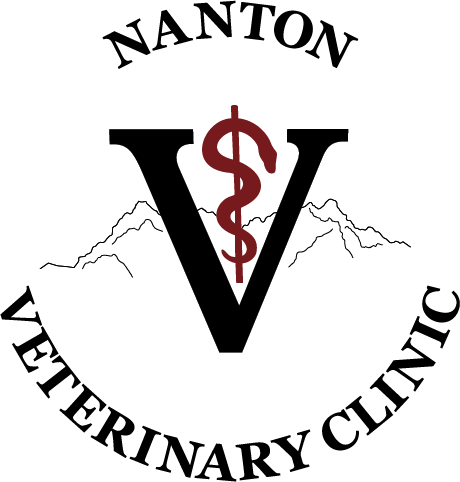Educational Articles
-
Colitis simply refers to inflammation of the large intestine or colon. Signs include frequent, small volumes of semi-formed to liquid feces, straining, and small amounts of bright red blood. The causes of colitis include stress, infections, and parasites, trauma, allergic colitis, and primary inflammatory bowel disease. The diagnosis of colitis is based on your pet's clinical signs and history, microscopic evaluation of the feces, rectal examination, cytology, and blood tests. The specific cause of colitis will dictate the appropriate treatment. For most dogs diagnosed with colitis, the prognosis is excellent for a speedy recovery.
-
Choosing the right collar or harness for a dog requires understanding how each device works and what is best for the dog and the owner. Correct selection, fit, and use are crucial for any training tool's success.
-
Collie eye anomaly (CEA), also called “collie eye defect,” is an inherited, developmental disease in dogs in which there is a mutation of the gene that determines the development of the eye. This mutation results in defects of many layers of the back of the eye. The most common sign of CEA is blindness.
-
Colloidal oatmeal topical (brand name DermAllay®, Epi-Soothe, others) is an anti-inflammatory, antipruritic (anti-itching), and emollient (softening, soothing) agent used in the treatment of surface skin disorders and skin reactions in cats and dogs. It is made from oat grains (Avena sativa). Colloidal oatmeal topical comes in spray, cream rinse, and shampoo forms.
-
Color dilution alopecia is an autosomal recessive genetic disorder that affects dogs with dilute-colored coats causing hair loss. Some dogs will also be affected by secondary bacterial infections so topical management and pruritus treatments may be needed to improve the dog's comfort. Affected dogs and their relatives should not be bred.
-
Colostrum is given by mouth and is used over the counter to treat various immune-mediated and inflammatory conditions. Give as directed by your veterinarian. Side effects are uncommon and may include gastrointestinal upset in pets with a dairy allergy. There are no known contraindications. If a negative reaction occurs, please call your veterinary office.
-
Pet birds often become ill when they are not cared for or fed appropriately. Birds can develop infections with bacteria (e.g., Chlamydia psittaci) and parasites (e.g., Giardia). They also commonly suffer from reproductive problems (e.g., egg binding and tumors) and feather-picking. Birds on all-seed, high-fat diets may become obese and develop fatty liver syndrome. Older birds may develop cloacal papillomas or cancer. Your veterinarian familiar with birds will formulate an appropriate diagnostic and treatment plan if your pet bird becomes ill.
-
There a several viral diseases that affect pet and backyard chickens. Knowing the symptoms, treatment options, and methods of prevention is beneficial to anyone who owns chickens. The five most common viral diseases are: Marek's disease virus, lymphoid leukosis virus, avian influenza, infectious bronchitis and Newcastle disease virus.
-
The complete blood count (CBC) assesses different parameters of the cells in the blood including total number, appearance, size, and shape. Red blood cells, white blood cells, and platelets comprise the cellular component of the blood.
-
Compulsive disorders are repetitive behaviors done so frequently that they interfere with a dog's daily life. Some behaviors performed compulsively can cause physical injury. Compulsive disorders may reflect underlying behavioral illness, medical illness, or a combination. Treatment programs should address the behavioral and medical causes. Some aspects of behavioral treatment may need to be continued for the life of the dog.

